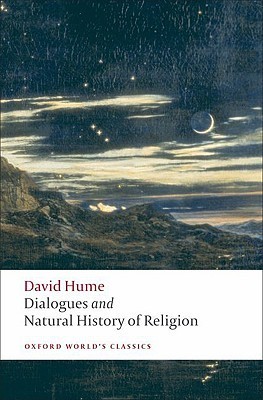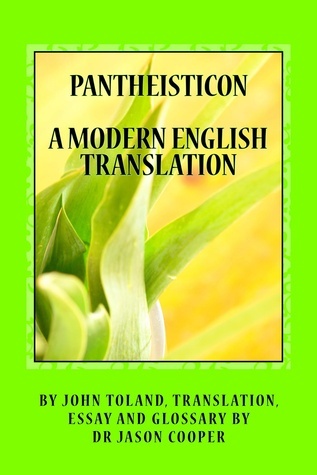
Dialogues Concerning Natural Religion and The Natural History of Religion
Book Description
What if the divine was merely a projection of human experience? In "Dialogues Concerning Natural Religion and The Natural History of Religion," David Hume captivates with a gripping exploration of faith, reason, and the essence of belief. Through a powerful interplay of dialogue, he unravels the threads of religious thought, challenging conventional wisdom and exposing the tension between reason and emotion. Philosophers clash in passionate debates, each sparking profound insights and unsettling questions about existence and the divine. Can we ever truly comprehend the nature of God? With rhetoric that resonates through the ages, this timeless inquiry demands an answer.
Quick Book Summary
"Dialogues Concerning Natural Religion" and "The Natural History of Religion" by David Hume present two of the Enlightenment’s most incisive examinations of religious belief. The works pose critical questions regarding the origin, nature, and justification of faith. Through a series of engaging philosophical dialogues, Hume challenges readers to scrutinize the arguments for the existence of God, such as the design and cosmological arguments, contrasting the roles of reason and experience. Simultaneously, Hume’s historical analysis traces how religious traditions evolved out of human psychology and sociopolitical circumstances, often driven by fear, hope, and imagination rather than rational evidence. The combined texts provoke deep reflection on whether human reason can ever arrive at certainty about the divine, and highlight how belief is shaped as much by cultural context and emotional needs as by intellectual reasoning.
Summary of Key Ideas
Table of Contents
The Limits of Human Reason Regarding the Divine
Hume’s "Dialogues Concerning Natural Religion" unfolds as a fictional conversation among three thinkers—Philo the skeptic, Demea the mystic, and Cleanthes the empirical theist—who debate whether the existence and nature of God can be known through reason. The dialogue format allows Hume to illuminate competing perspectives and to carefully dissect the logical foundations and limitations of each. Through Philo, Hume voices skepticism about the ability of human reason to comprehend divine attributes or to reliably infer the existence of God from the state of the universe.
Origins and Evolution of Religious Belief
A central focus is the critique of the design argument, which claims the order of the universe necessarily points to an intelligent designer. Hume, via Philo, exposes weaknesses in this analogy between human artifacts and the cosmos, arguing that the universe’s imperfections and indifference undermine the notion of a benevolent, all-powerful designer. He proposes that our limited experience and imagination make any conclusion about the divine speculative and anthropomorphic, reflecting more about human nature than about a transcendent reality.
Critique of the Design Argument
In his "The Natural History of Religion," Hume adds a psychological and historical dimension, suggesting that religion originates not from rational contemplation, but from human emotions such as fear, hope, and wonder about the unknown. Hume traces how early societies developed polytheistic beliefs to explain unpredictable natural events, and how monotheism later evolved, often accompanied by superstition and intolerance. He argues that theological systems are shaped more by social and psychological needs than by evidence or rational arguments.
Emotion and Psychology in Faith
Throughout both works, Hume exposes the tension between reason and emotion in religious belief. He demonstrates that while philosophical arguments for God may appear compelling, faith is ultimately grounded in emotional instincts and communal practices rather than empirical or logical certainty. Hume’s psychological insights emphasize the universality and diversity of religious expression and caution against conflating piety with rationality.
Skepticism and the Search for Certainty
Ultimately, Hume concludes with a profound skepticism about claims to religious knowledge. He suggests that human understanding is bounded and that the tendency to project human concepts onto the divine is unavoidable but misleading. Hume's works remain foundational in the philosophy of religion for their relentless examination of the assumptions underpinning faith, their challenge to dogmatism, and their appreciation for the complex interplay of mind, culture, and belief.
Download This Summary
Get a free PDF of this summary instantly — no email required.





